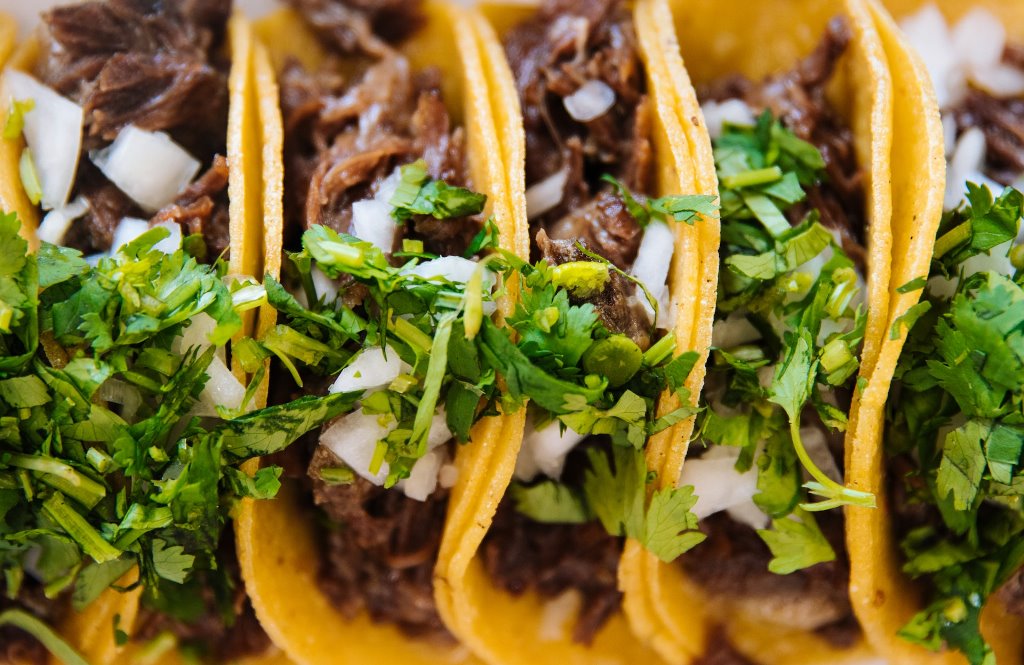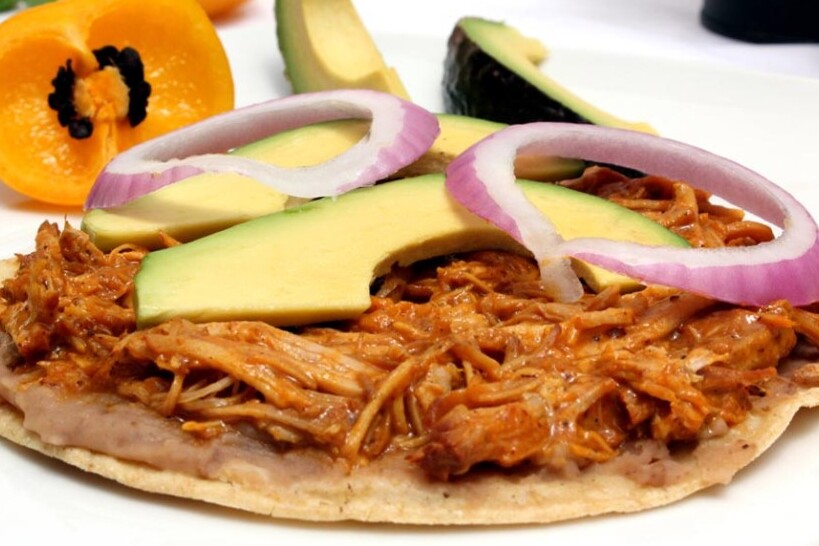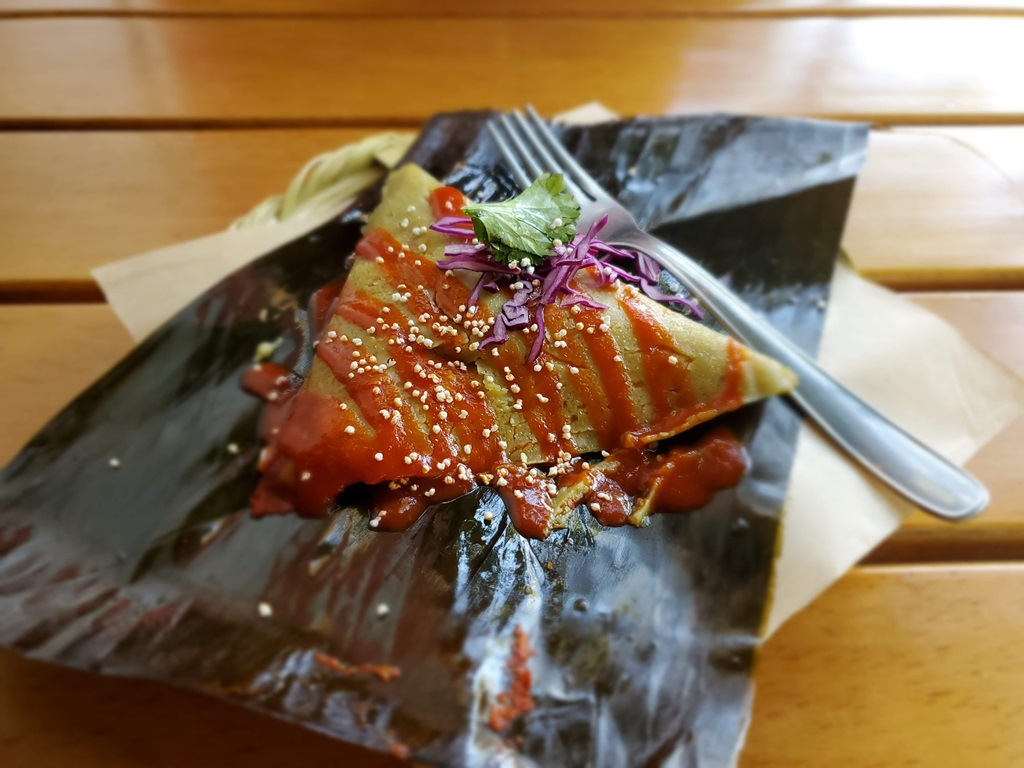Food of Yucatan: A Culinary Journey
Are you ready for a culinary adventure to Mexico to discover traditional Yucatan food that will tantalize your taste buds?
Are you looking for some ingredients, the best dishes, and modern recipes?
Then, join us on a journey to the food of Yucatan, where the flavors are bold, vibrant, and unforgettable. Yucatan is food, tradition, culture, history. And of course, it is a must for every foodie in the world!
Introduction to the food of Yucatan
This region is a true foodie’s paradise, with a rich culinary heritage of Yucatan cuisine that blends Mayan, Spanish, and Caribbean influences. From succulent slow-cooked pork to tangy lime-marinated fish, the dishes of the Yucatan are a feast for the senses.
But it’s not just about the food. Yucatan is also home to bustling markets and a unique fusion of flavors that will leave you wanting more. Indulge in an unforgettable culinary journey through the Yucatan, whether you’re a seasoned foodie or an adventurous palate seeking new tastes.
History and cultural influences on the traditional food of Yucatan
To understand the cuisine of the Yucatan, it’s important to look at the region’s history and cultural influences. The Yucatan was home to the Mayan civilization, which relied heavily on agriculture. Its staples, such as maize, beans, and squash, still form a base of local cuisine. Later, in the 16th century, they brought new ingredients such as pork, chicken, and citrus fruits. The Caribbean influence is also evident in the cuisine, with ceviche and coconut-based stews dishes.
One of the most essential aspects of Yucatan cuisine is using achiote paste, a bright red seasoning made from annatto seeds, spices, and vinegar. Locals use it in traditional dishes, including the region’s prominent cochinita pibil. Other common ingredients in Yucatan cuisine include black beans, habanero peppers, and fresh herbs such as cilantro and epazote.
Common ingredients in Yucatan cuisine
Yucatan cuisine is famous for its bold and flavorful ingredients. One of the most essential ingredients is habanero peppers, which local chefs use in many dishes to add heat and flavor. Due to their small size and intense spiciness, people often use these peppers in moderation. Other common ingredients in Yucatan cuisine include:
- Achiote paste: This bright red seasoning, consisting of annatto seeds, spices, and vinegar, marinates meats, fish, and vegetables and gives dishes a unique color and flavor.
- Black beans: Yucatan cuisine relies heavily on these as a staple ingredient, incorporating them into various dishes ranging from soups and stews to dips and spreads.
- Sour oranges: In many traditional Yucatan dishes, these play a role in imparting a tangy flavor, and they are also utilized in creating a refreshing drink known as agua de naranja agria.
- Cilantro: Many dishes incorporate this herb to infuse them with a fresh and subtle citrusy flavor, frequently employing it as a garnish or incorporating it into salsas and sauces.
- Epazote: The herb offers a unique and distinct flavor, often described as a subtle blend of mint and citrus. People commonly use it in soups, stews, and bean dishes.

Tacos with cilantro
The traditional food of Yucatan
Without trying some of the region’s traditional dishes, no culinary journey through the Yucatan would be complete. Here are a few must-try dishes:
- Cochinita pibil is a slow-roasted pork dish marinated in achiote paste, sour orange juice, and spices. Local cooks typically wrap the pork in banana leaves and cook it in a pit oven until tender and flavorful. They frequently serve it with pickled onions and tortillas.
- Papadzules, a traditional Yucatan dish resembling enchiladas, consist of tortillas filled with hard-boiled eggs. They’re topped with pumpkin seed and tomato sauces and commonly served with black beans.
- In the Yucatan, people relish panuchos, a well-liked street food. They create them by filling fried tortillas with refried black beans, then topping them with shredded chicken, pickled onions, and avocado.

Tacos of cochinita pibil
Modern twists on the traditional food of Yucatan
While traditional Yucatan dishes are delicious, many chefs are putting their spin on these classic recipes. Here are a few modern twists on traditional Yucatan dishes:
- Cochinita pibil tacos: Chefs are filling tacos with flavorful pork rather than serving cochinita pibil as a standalone dish. These tacos are commonly garnished with pickled onions, cilantro, and a squeeze of lime. Instead of serving cochinita pibil as a main dish, many chefs use flavorful pork to fill tacos. They often have pickled onions, cilantro, and a squeeze of lime atop.
- Ceviche with achiote: Ceviche is a popular dish in the Yucatan, and many chefs are adding achiote paste to the marinade to give it a unique flavor.
- Shrimp tacos with habanero salsa: Habanero peppers are a staple in Yucatan cuisine, and many chefs are using them to make spicy salsa to top shrimp tacos.
Yucatan street food
One of the best ways to experience the flavors of the Yucatan is through its street food. From tacos to tamales, the streets of the Yucatan are filled with mouth-watering treats. Here are a few must-try street foods:
- Tacos al pastor: These Yucatan specialty features marinated pork, cooked on a vertical spit, served in a soft corn tortilla, often topped with pineapple and a squeeze of lime.
- Tamales: Tamales are a popular street food in the Yucatan and come in many different varieties. Some have pork or chicken inside, while others have vegetables or cheese.
- Marquesitas: These crispy crepe-like shells have cheese inside and Nutella, condensed milk, or caramel sauce on top.

Tamal
Yucatan beverages
In addition to its delicious cuisine, the Yucatan is also famous for its refreshing beverages. Here are two must-try drinks:
- Horchata is a sweet and creamy drink made with rice, cinnamon, and sugar. Locals like serving it over ice, which is the perfect way to cool down on a hot day.
- Xtabentun, a traditional Yucatan liqueur made from honey and anise, is a popular after-dinner drink, perfect for concluding a meal.

Horchata in a traditional clay cup
Yucatan culinary tours and experiences
If you want to immerse yourself in Yucatan cuisine fully, many culinary tours and experiences are available. Here are a few to consider:
- Market tours: Join a market tour where you can explore the bustling markets of the Yucatan and learn about its traditional ingredients.
- Cooking classes: Take a cooking class (e.g., this Merida Cooking Class & Market Visit) and learn how to make traditional Yucatan dishes such as cochinita pibil and papadzules.
- Food tours: Join a food tour (e.g. this Merida Street Food Tour) and sample various Yucatan dishes, from street food to high-end cuisine.
Bringing Yucatan flavors to your kitchen
You can still bring the region’s flavors to your kitchen if you can’t reach Yucatan. Here are a few recipes to try:
- Cochinita Pibil: Marinate pork shoulder in achiote paste, sour orange juice, and spices, then slow-cook it until it’s tender and flavorful.
- Papadzules: Fill tortillas with hard-boiled eggs, then top with a pumpkin seed sauce and tomato sauce.
- Horchata: Blend rice, cinnamon, sugar, and water until smooth, then strain and serve over ice.
Conclusion
Yucatan, one of the most prominent gastronomic regions of Mexico (check our post about Jalisco food as well), is waiting for you. From traditional dishes to modern twists, street food to high-end cuisine, there’s something for every palate. So whether you’re a seasoned foodie or simply looking to explore new tastes, a culinary journey through the Yucatan is a must-have experience.